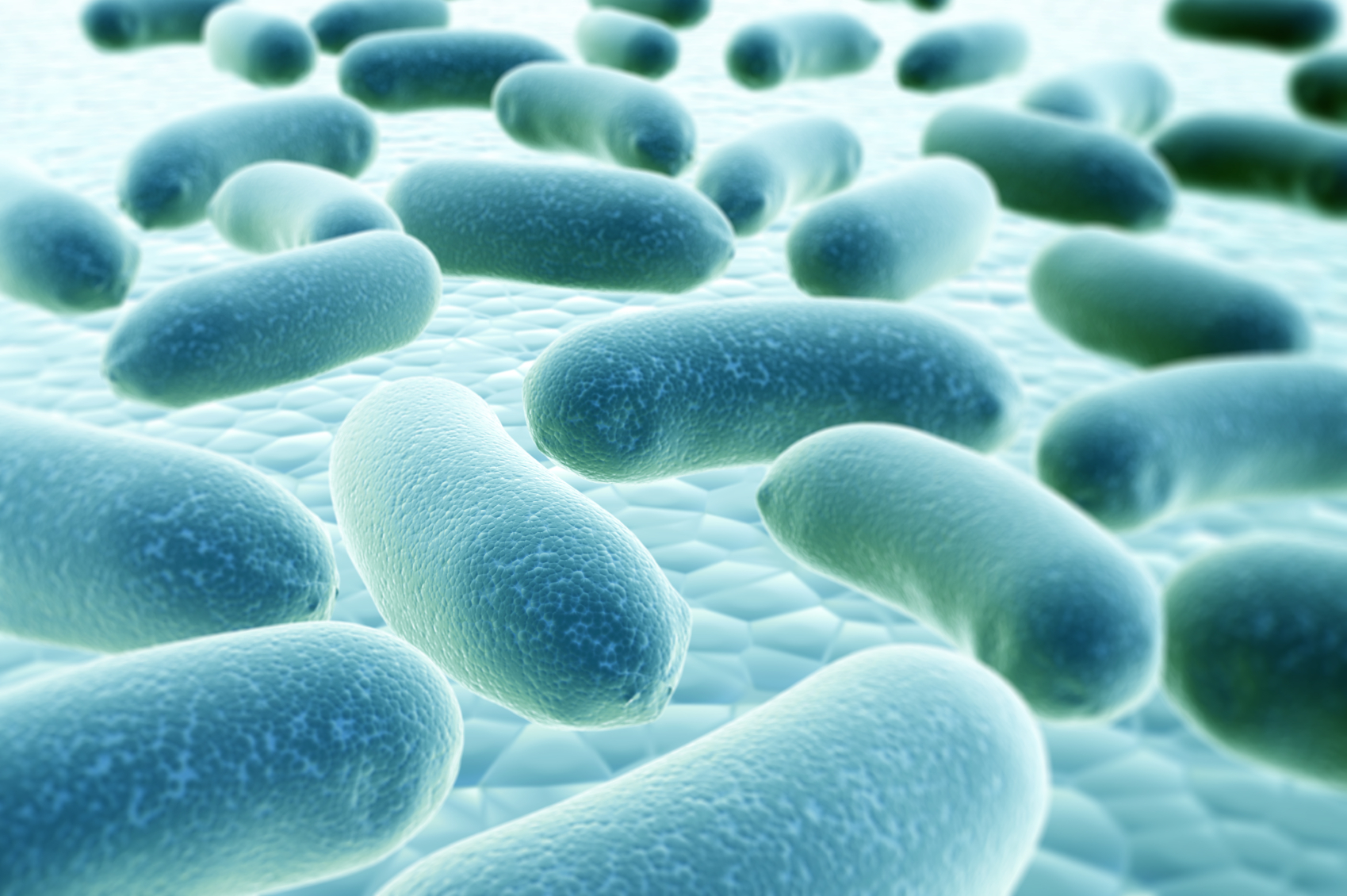Nestle gets closer to Seres, pledging $525m for microbiome C. diff drug

Swiss food giant Nestle has firmed up its five-year-old alliance with US microbiome specialist Seres, paying $175 million upfront for North American co-marketing rights to its lead drug for Clostridium difficile infections.
Under the terms of the new deal, Nestle's Health Sciences unit will pay Seres another $125 million if the FDA approves the drug – called SER-109 – and is also line for up to $225 million in commercial milestones tied to sales targets.
Nestle and Seres have been working together on the microbiome project since 2016, focusing on C. diff – a bacterium that causes diarrhoea and inflammation in the colon and is a major cause of illness and death worldwide – as well as other targets like inflammatory bowel disease.
That alliance – spanning four microbiome therapeutics – included $120 million upfront and had a top-line value of $1.9 billion, but only included markets outside North America.
SER-109 – the lead project in the alliance – is based on purified Firmicutes bacterial spores delivered in an oral capsule that is designed to encourage the regrowth of healthy bacteria after antibiotic treatment for C. diff infection.
On their own, antibiotics are often ineffective against dormant spore forms of C. diff, which can germinate and grow after the course is completed. C. diff causes nearly 30,000 deaths each year in the US, and recurrent infections with the bacterium are estimated to make up 10%-15% of all hospital-treated infections.
In the phase 3 ECOSPOR trial reported last year, patients who took SER-109 were less likely to have their infection recur than those treated with antibiotics alone. Only 11% of patients who received SER-109 experienced a recurrence, compared to 41% of patients who received placebo.
That result came after SER-109 failed to perform better than placebo in a mid-stage study reported in 2016, leaving Seres scrambling through the results and trying to chart a way forward for the programme. However, the company now expects ECOSPOR will suffice on its own to support regulatory filings.
The FDA previously awarded SER-109 both orphan drug and breakthrough therapy designations, and Seres' chief executive Eric Shaff told an investor call that he believes the drug is on track to be the first microbiome-based therapy to get approved in the US.
Despite their long-term collaboration, Nestle wasn't the only contender for North American rights to SER-109, according to Shaff, who said the company conducted a competitive process to select a collaborator for the project.
Nestle's scale will be a boost for Seres product, which is just one of several microbiome-based therapeutics for C. diff coming through clinical trials, some of which also have deep-pocketed partners.
Others working in this area include Ferring/Rebiotix – which also have phase 3 data in hand – as well as Microbiota/Roche, Vedanta/Johnson & Johnson, Finch Therapeutics/Takeda, Evelo, and uBiome.












